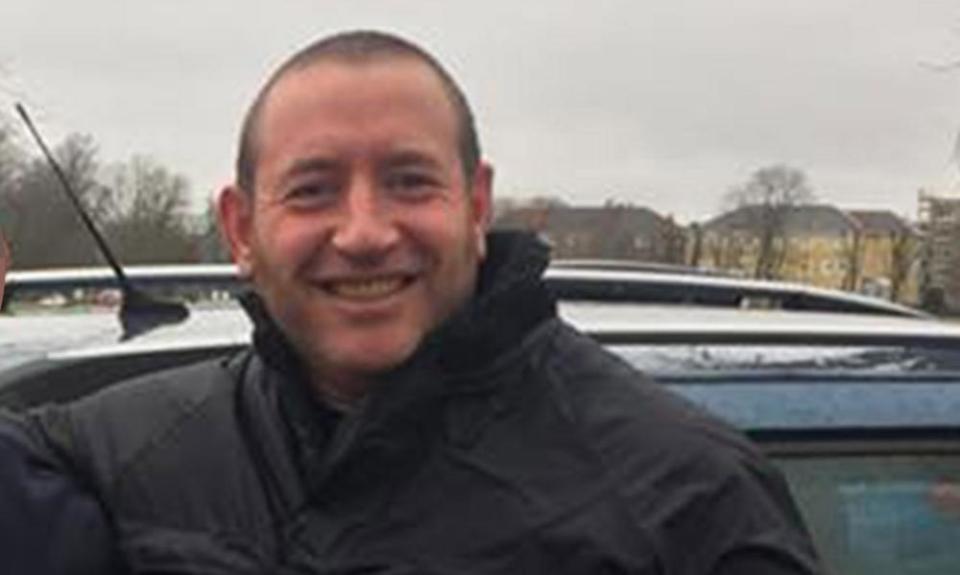Can victims of crime hope for justice from a crumbling system?
Channel 4’s drama series, The Light in the Hall, featuring the remarkable Joanna Scanlan, exposes the damage inflicted on the family and friends of a teenager murdered 18 years earlier whose body has never been found (hence the light on in the hall) and whose alleged killer is released on parole against the wishes of dead girl’s mother. However, the mental injuries, the injustices inflicted and the disregarded demands of victims are rarely so central.
After police officer David Carrick’s conviction on 51 charges of rape and domestic abuse, the Met announced it was reviewing a further 1,633 cases of domestic and sexual abuse involving more than 800 officers. Every police force in England and Wales is reviewing allegations of domestic and sexual abuse relating to officers dating back a decade. Potentially, that’s a significant number of historical victims and more women coming forward. But how much faith can they have in what follows?
Victims face loss, injury and trauma. Months pass in which no information is forthcoming about what has happened to their case. By last September, the crown courts had 62,766 outstanding cases – 28% of them outstanding for more than a year. In magistrates courts, there were 347,820 such cases. Justice is not being seen to be done.
The Victims’ Code establishes 12 principles, including a victim’s right to be kept informed about an investigation and the aftermath, support and compensation. In a survey in 2021, only 29% of victims knew about the code. Last May, after a delay of seven years, the government published draft legislation paving the way for the first victims law. Among the measures, victims will have the right to attend Parole Board hearings and submit questions.

The cross-party justice committee subsequently delivered a blistering critique of the bill’s failings and made 47 recommendations. Last September, the redoubtable Vera Baird resigned as victims’ commissioner, champion of the interests of victims, saying that her post had been downgraded and sidelined. A new commissioner won’t be appointed until the spring, so the “weak” bill may miss some proper scrutiny as it passes through parliament.
Last Friday, the government said it had accepted some of the committee’s recommendations, including officially classifying bereaved families and the children born of rape as victims in need of increased support. The victims’ commissioner’s powers will also be strengthened and the number of independent sexual violence advocates and independent domestic violence advocates, vital in supporting women, will increase from 300 to 1,000. Welcome – and yet.
Women’s support services are exhausted, broken and unable to meet demand, let alone a tidal wave that may be triggered by increased confidence that victims’ voices will be heard. The government’s promised extra funding is but a brick in a collapsing wall.
Justin Russell, chief inspector of probation services for England and Wales, has expressed “deep concerns” about the service’s ability to assess risk. His comments followed the sentencing of Damien Bendall, who killed three children and his pregnant partner while on probation. Six-year-old Collette Gallacher was raped and murdered by Adam Stein in 1986. Twice he has been paroled, against the wishes of Collette’s sisters, Claire and Lauren. Twice Stein, given a false name and a location unknown to the sisters, has been recalled to prison. He has just been jailed for four years for another offence. The sisters believe they have a right to know his offence in a bid to stop him being given parole in 2026. A right denied.
Too often, bereaved families are the guardians of the public’s safety and victims are left isolated as they battle for their rights.
• Yvonne Roberts is a freelance journalist, writer and broadcaster

 Yahoo News
Yahoo News 
